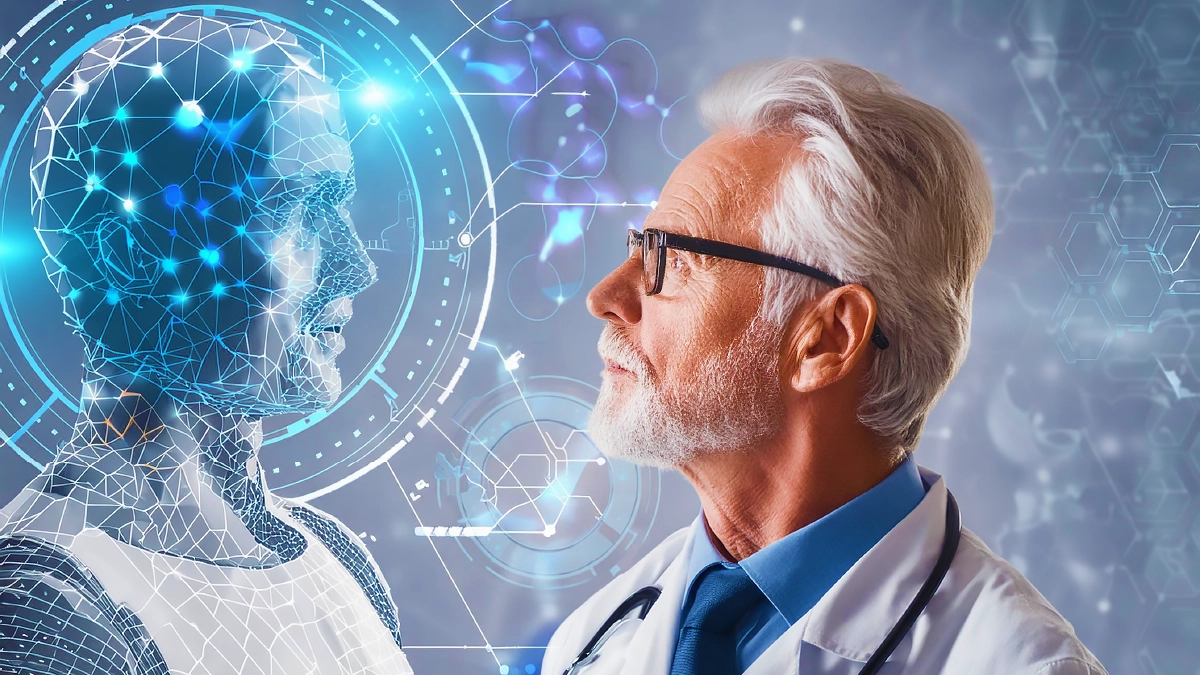
“A doctor unfamiliar with the knowledge of astrology deserves to be called a jester rather than a doctor.” – These were the words of Hippocrates, the father of medicine, spoken at a time when astrology was deeply intertwined with medical practice. Hippocrates believed that a doctor’s ability to treat a patient depended not only on his medical knowledge but also on his understanding of the position of the stars and planets.
He believed this because astrology was important in ancient cultures and closely related to medicine. There were several reasons for this, including the view of the universe: in ancient times, it was seen as an interconnected system in which everything from the stars in the sky to the people on Earth were interconnected. Such beliefs suggested that the movements of celestial bodies directly impacted people’s lives, including their health.
NATURAL RHYTHM
Those living in ancient times noticed specific patterns and cycles in nature, such as seasons, phases of the moon, and solstices. They attributed these cycles to astrological influences and believed they affected people’s health and well-being.
DIAGNOSTICS
Astrology was not just a theoretical concept in ancient medicine, but a practical tool for diagnosis. Ancient physicians often used astrology to diagnose diseases and predict their course. For example, it was believed that being born under a certain zodiac sign could predispose one to certain diseases. In ancient times, there was no clear line between science, religion and philosophy. All these areas were interrelated. Treatment was often seen as a holistic approach that combined both body, mind and spirit.
WHY WAS ASTROLOGY IMPORTANT?
As mentioned earlier, there was no clear line between science, religion, and philosophy in ancient times. Medicine was a practice that connected these areas, and astrological knowledge was an integral part of this connection. Doctors not only looked at the physical symptoms of illness but also took into account the spiritual and mental aspects of the patient. In this context, astrology provided the tools to interpret and understand these intangible aspects of health.
The ancients saw the universe as an intricate mesh of relationships where each element influenced the other. They believed that the position of the stars could affect people’s health and fate. In addition, by observing nature’s cycles, such as the phases of the moon and the changes of the seasons, they saw their impact on human well-being and health.
BACK TO THE ROOTS – THE HOLISTIC APPROACH TODAY
Although modern medicine is based primarily on scientific research, we are noticing a return to a holistic approach that considers not only the body but also the mind and soul of a person. Psychology, spirituality, diet, and lifestyle are all elements that are now being considered more when treating patients. Why is a holistic approach critical? In ancient times, treatment was often seen as a holistic approach combining body, mind, and spirit. Today, we increasingly recognize that human health is a complex issue that requires an integrated approach. It is no longer just about physical symptoms but also about health’s mental and spiritual aspects.
ARTIFICIAL INTELLIGENCE VS. A HOLISTIC APPROACH
In the modern era, we are witnessing the emergence of a new tool in healthcare: artificial intelligence (AI). Databases contain information about the physical aspects of a patient’s health and lifestyle, mental health, and many other factors. AI can analyze this data, identifying hidden connections and predicting future health risks. It can do this better than a clinical psychologist because it has many times more data on the patient, potentially revolutionizing the way we approach holistic healthcare.
Use of algorithms: with advanced algorithms, AI can predict how different aspects of a patient’s life affect his or her health, allowing for more personalized treatment.
Using generators (generative intelligence) can mean creating personalized treatment plans based on data analysis, providing a holistic approach to a patient’s health. We see that artificial intelligence has the potential to become a vital tool in holistic human treatment, combining traditional methods with modern technologies. Although the paths of Hippocrates and modern AI-supported medicine may seem different, both approaches seek the same goal: to treat a person holistically, considering his or her body, mind, and soul. Although the tools have changed, the basic idea remains the same.